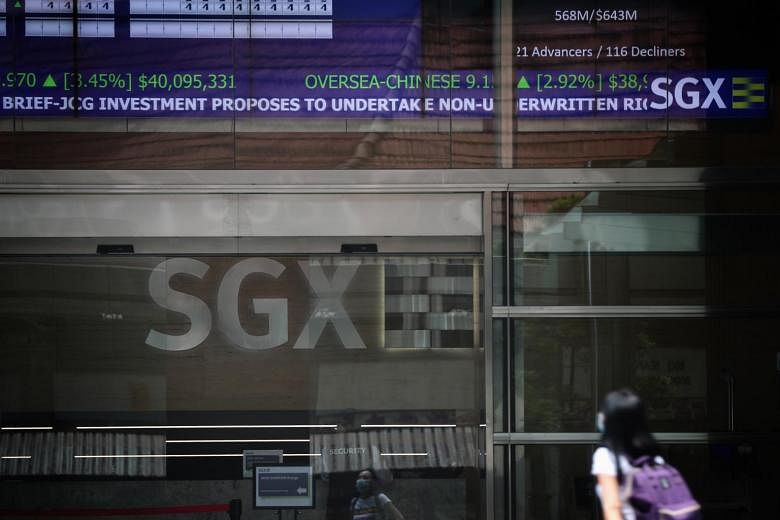Forum contributor Ee Teck Siew's call for more measures to protect investors is commendable (Take steps to protect investors from being burned, Aug 6).
However, a stock market with excessive regulation cannot compete with the many vibrant global markets.
Last year, the Singapore Exchange (SGX) managed 11 initial public offerings (IPOs), raising about $3.8 billion. Contrast this with the Hong Kong Stock Exchange, which raised US$40 billion (S$55 billion) with 144 IPOs. The Shanghai and Shenzhen exchanges garnered 198 IPOs, raising US$31.6 billion.
Farther afield, the US markets of the New York Stock Exchange and Nasdaq raised US$50.9 billion with 171 IPOs. Evidently, the race to become the gateway to Asia has been lost.
In the rush to protect investors, one cannot lose sight of the interests of the primary stakeholders without which there is no market - the listing companies.
Business owners want higher valuations for their companies, which benefits ordinary share investors.
But this happens only with liquidity and high volumes driving stock prices higher. Adding regulations only aggravates the persistent trend of delisting from SGX in favour of other markets.
Shrinking market capitalisation also shrinks Singapore stock weightage in indices used as benchmarks by fund managers, leading to reduced investment allocation which hurts investors on SGX.
For mandatory education, SGX is quite possibly the only stock exchange globally that requires investors to pass a Specified Investment Products quiz.
Risk profiling is a rudimentary tool as most assessments are conducted without a comprehensive picture of an investor's total wealth.
The onus is on the investor to understand that the stock market is a high-risk investment arena.
Every investor should frame his investment portfolio and risk allocation as a triangle, and accept that stocks and even some bonds are right up at the apex, to be funded only with money that can be lost, literally.
There is no safe stock or bond. Even home-grown reputable blue chips have been battered by the Covid-19 crisis.
For those who dabble in penny stocks, no number of regulations will protect them. Penny stocks trade where they trade because they typically lack the basic fundamentals of investment.
There is no question that retirement funds must form the base of the risk triangle and be parked in low-risk investments, and only the small apex portion should be put in the high-risk stock market.
Christie Loh

